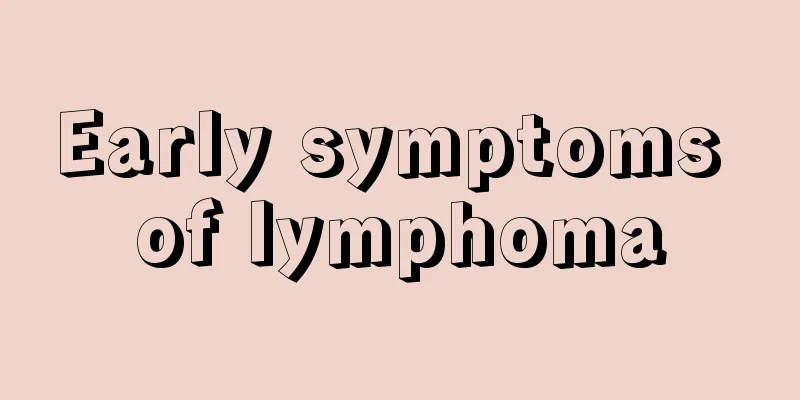Propolis has antibacterial and anti-inflammatory properties

|
Many people have drunk honey in their daily lives and know that the nutritional value of honey is very high. In fact, bees also have a product called propolis. Propolis is a rare traditional Chinese medicine. This important medicine has strong medicinal value, and propolis can be eaten directly. However, you cannot eat too much propolis. If you eat too much, it may cause bloating. It has the effect of nourishing the stomach. So does propolis have antibacterial and anti-inflammatory effects? Propolis has a strong inhibitory effect on many kinds of bacteria. In 1947, the Kazan Veterinary College in the Soviet Union first studied the inhibitory effect of propolis ethanol extract at a concentration of 1 μg/ml on 39 bacteria and 39 plant pathogenic fungi. The results showed that propolis had inhibitory effects on 25 bacteria and 20 fungi, among which Gram-positive bacteria and acid-fast bacteria were most sensitive to propolis extracts. This result was later further confirmed by the research of Lindenfelzer in the United States. Chinese scholars He Tianxi et al. (1980) conducted antibacterial tests on 100 strains of 14 bacterial species using propolis ethanol extract, proving that propolis has a high antibacterial effect against Gram-positive bacteria. They also found that propolis has a strong antibacterial effect against Gram-negative meningococci, non-agglutinative Vibrio and pathogenic halophilic bacteria. Research by Dai Chun et al. (1996) showed that propolis tincture has a significant killing effect on melanin-producing Bacteroides, oral Bacteroides and Staphylococcus aureus; it has a significant effect on Fusobacterium nucleatum, Lactobacillus and Eubacterium, and is also effective against black Clostridium. Yang Gengsen et al. (1998) used propolis to conduct an in vitro antibacterial experiment on the main pathogenic bacteria (Streptococcus mutans and Lactobacillus). The results showed that the antibacterial effect was obvious, and the effect was significantly better than that of seven Chinese herbal medicines with antibacterial effects, such as honeysuckle and Magnolia officinalis. Liang Yuqiang et al. (1999) conducted an in vitro antibacterial test using propolis and showed that propolis has a significant inhibitory effect on Escherichia coli, Staphylococcus aureus and Bacillus subtilis. Zhang Tianbao et al. (2000) diluted 10% propolis ethanol solution with water at a ratio of 1:6 and allowed to act on Escherichia coli and Staphylococcus aureus for 15 minutes, with a killing rate of 100%; diluted it with water at a ratio of 1:2 and allowed to act on Candida albicans for 20 minutes, with a killing rate of 99.96%-99.98%. |
<<: Can physical sunscreen reduce inflammation?
>>: Does breast milk have anti-inflammatory effects?
Recommend
How to prevent itching when scraping taro
Taro, also known as taro, is the bulb of a perenn...
What are the most effective Chinese herbal medicines for relieving itching
Skin itching can be said to be very uncomfortable...
Side effects of clove tea
Any kind of food will have certain effects on the...
Can drug-induced kidney damage be recovered?
Many patients suffer from other diseases and do n...
What are the side effects of radiotherapy for lung cancer
What are the side effects of radiotherapy for lun...
Why can't I pee?
If men do not take good care of their genitals, t...
Can I do thread embedding for double eyelids?
Most women are very happy to pursue beauty, espec...
The wound is covered with a layer of white cortex
There are many wounds on the surface of human ski...
Acupuncture treatment measures for fecal incontinence
Fecal incontinence means that feces cannot be con...
What's going on with vomiting blood
Vomiting blood from the mouth is a not uncommon s...
Can celery and carrots be eaten together
Celery and carrots are both relatively common veg...
What does a positive hepatitis B core antibody test mean?
Everyone is unfamiliar with medical terms and doe...
Beware! These 6 types of children must not be beaten
Some parents always like to beat their children w...
The efficacy and function of malt and barley sprouts
Barley malt is a plant and a Chinese herbal medic...
Fat particles all over the face
Many people have fat particles on their faces in ...









